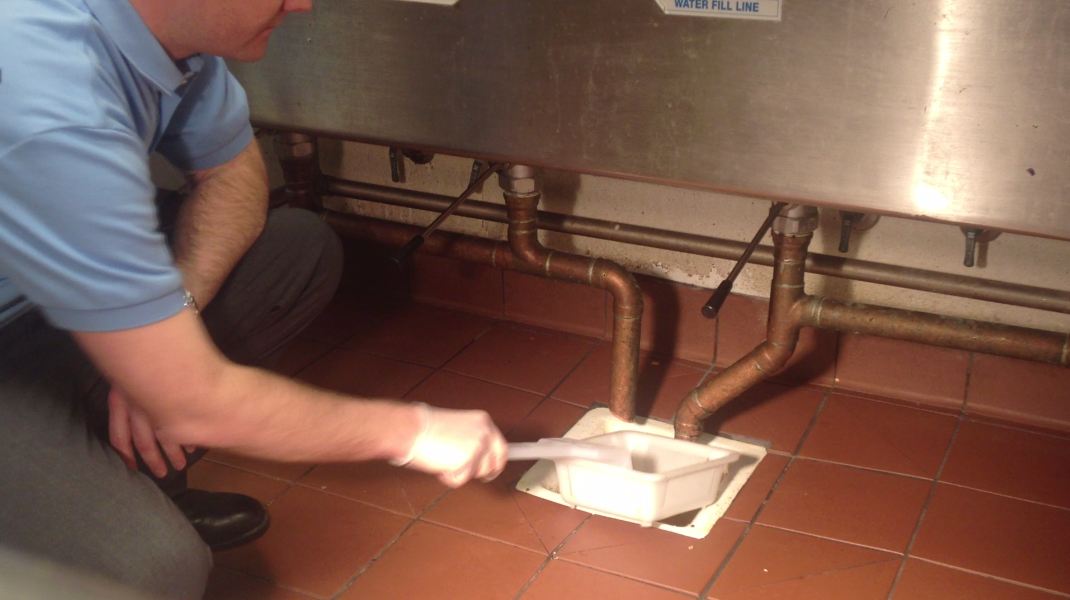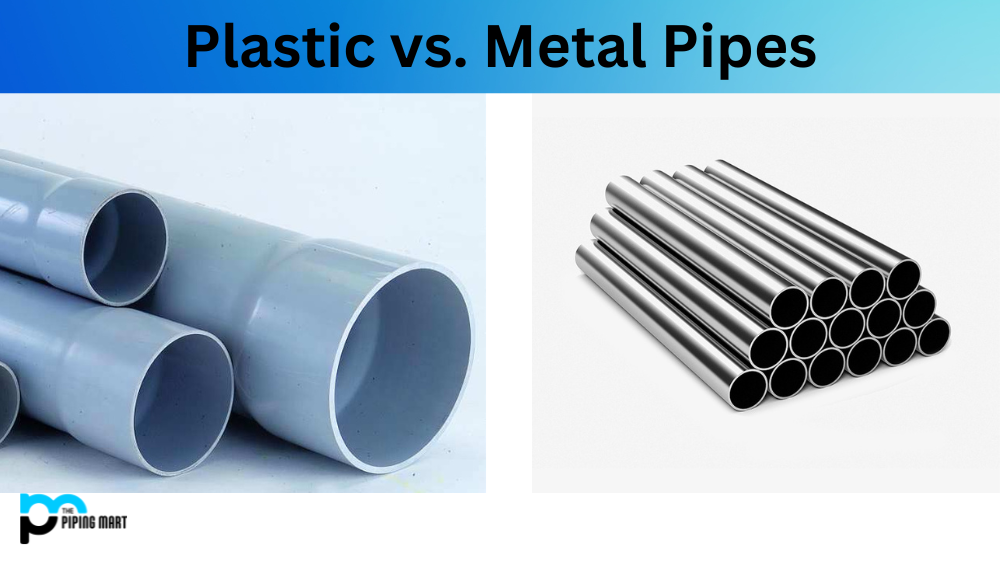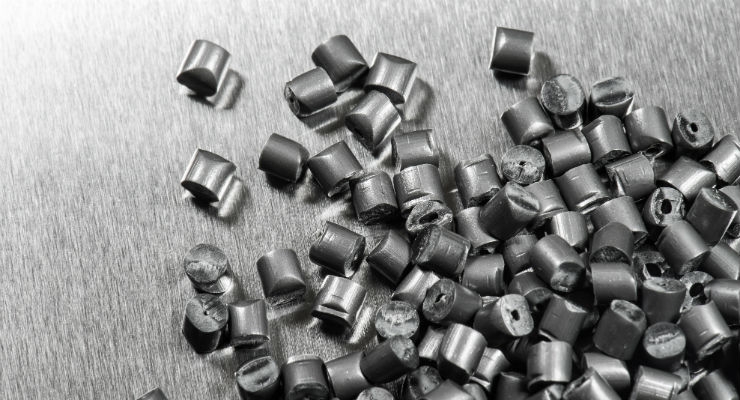When it comes to choosing a kitchen sink, one of the biggest decisions you'll have to make is whether to go for a plastic or metal option. Both have their own set of pros and cons, and it can be overwhelming to determine which one is the best fit for your kitchen. In this article, we'll take a closer look at the differences between plastic and metal kitchen sinks and help you make an informed decision.Plastic vs. Metal Kitchen Sinks: A Comparison
There is no clear winner when it comes to choosing between a plastic and a metal kitchen sink. It ultimately depends on your personal preferences and needs. While plastic sinks may be more budget-friendly and easier to maintain, metal sinks offer more durability and design options. Let's dive deeper into the pros and cons of each type to help you decide which one is better for your kitchen.Plastic vs. Metal Kitchen Sinks: Which is Better?
Plastic Kitchen Sinks: Pros: - Affordability: Plastic sinks are generally cheaper than metal sinks, making them a popular option for budget-conscious homeowners. - Easy to clean and maintain: Plastic sinks are non-porous, which means they are resistant to stains and scratches. This makes them easy to clean and maintain. - Lightweight: Plastic sinks are much lighter than metal sinks, making them easier to install. Cons: - Not as durable: Plastic sinks are not as durable as metal sinks and can easily get scratched or damaged from heat or sharp objects. - Limited design options: Plastic sinks are only available in a limited number of colors and styles, which may not suit everyone's aesthetic preferences. - Less eco-friendly: Plastic sinks are not biodegradable and can have a negative environmental impact when disposed of. Metal Kitchen Sinks: Pros: - Durability: Metal sinks, particularly stainless steel, are extremely durable and can withstand high temperatures and heavy use. - More design options: Metal sinks come in a wide range of styles, finishes, and sizes, giving you more options to choose from. - Eco-friendly: Metal sinks, especially copper and stainless steel, are recyclable and have a lower environmental impact. Cons: - Higher cost: Metal sinks can be more expensive than plastic sinks, especially if you opt for higher-end materials like copper or granite. - Prone to scratches and water spots: Metal sinks can easily show scratches and water spots, which may require more frequent cleaning and maintenance.Plastic vs. Metal Kitchen Sinks: Pros and Cons
When it comes to durability, metal sinks have a clear advantage over plastic sinks. Stainless steel sinks, in particular, are extremely durable and can last for many years without showing signs of wear and tear. They are resistant to heat, scratches, and stains, making them a popular choice for busy kitchens. On the other hand, plastic sinks are more prone to damage and may need to be replaced more frequently.Plastic vs. Metal Kitchen Sinks: Durability
In terms of maintenance, plastic sinks are easier to clean and maintain compared to metal sinks. They are non-porous, which means they are less likely to stain or scratch. You can simply wipe them down with a mild cleaner and a soft cloth to keep them looking clean and shiny. Metal sinks, on the other hand, require more frequent cleaning and may need special cleaning products to remove scratches and water spots.Plastic vs. Metal Kitchen Sinks: Maintenance
Cost is a major factor for many homeowners when choosing a kitchen sink. Plastic sinks are generally more affordable than metal sinks, making them a popular choice for those on a budget. However, the initial cost of a metal sink may be offset by its durability and longer lifespan, making it a better long-term investment.Plastic vs. Metal Kitchen Sinks: Cost
The design options for plastic sinks are limited compared to metal sinks. Plastic sinks usually come in standard colors and shapes, whereas metal sinks offer a wider range of styles, finishes, and sizes. This allows you to find a sink that perfectly fits your kitchen's design and functionality needs.Plastic vs. Metal Kitchen Sinks: Design Options
When it comes to the environment, metal sinks are the more eco-friendly option. They are recyclable and have a lower impact on the environment compared to plastic sinks, which are not biodegradable and can contribute to pollution when disposed of.Plastic vs. Metal Kitchen Sinks: Environmental Impact
Installing a plastic sink is generally easier and less time-consuming compared to a metal sink. Plastic sinks are lightweight and can be mounted using simple clips, whereas metal sinks may require more support due to their heavier weight.Plastic vs. Metal Kitchen Sinks: Installation
In conclusion, both plastic and metal kitchen sinks have their own set of pros and cons. While plastic sinks may be more budget-friendly and easier to maintain, metal sinks offer more durability and design options. Consider your needs and preferences before making a decision, and choose a sink that fits your kitchen's style and functionality. Whichever option you choose, make sure to properly maintain and care for your sink to ensure its longevity.Plastic vs. Metal Kitchen Sinks: Conclusion
The Pros and Cons of Using Plastic and Metal Kitchen Sinks in Your Home
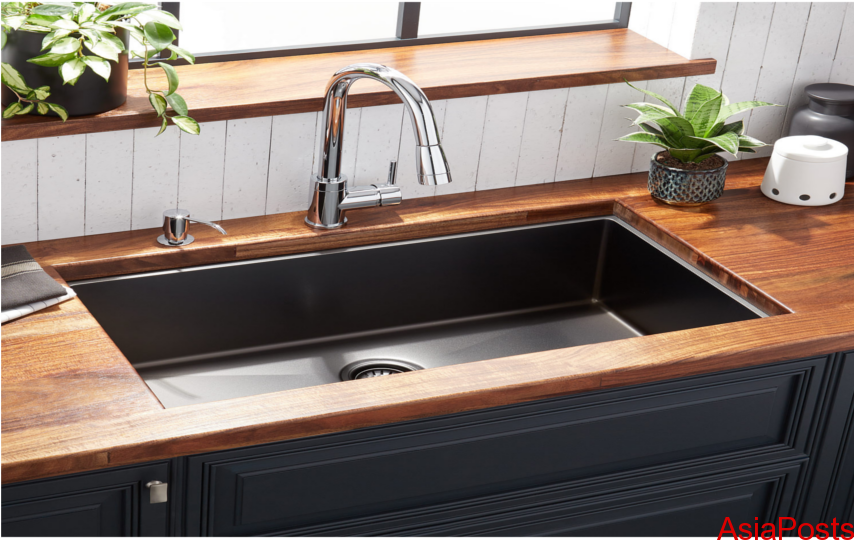
Introduction
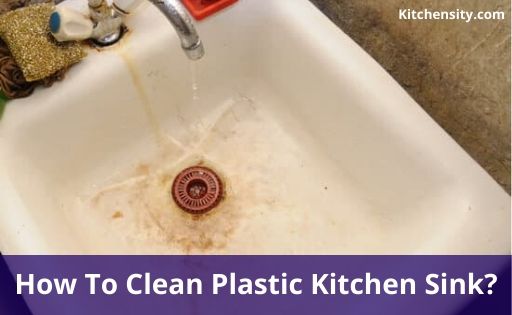 When it comes to designing your dream kitchen, one of the most important decisions you'll have to make is choosing the right
kitchen sink
. Not only is it a functional element, but it also contributes to the overall aesthetic of your space. Among the many options available,
plastic
and
metal
are two popular choices for kitchen sinks. Each material has its own advantages and disadvantages, and it's important to weigh them carefully before making a final decision. In this article, we'll take a closer look at the pros and cons of using plastic and metal kitchen sinks in your home.
When it comes to designing your dream kitchen, one of the most important decisions you'll have to make is choosing the right
kitchen sink
. Not only is it a functional element, but it also contributes to the overall aesthetic of your space. Among the many options available,
plastic
and
metal
are two popular choices for kitchen sinks. Each material has its own advantages and disadvantages, and it's important to weigh them carefully before making a final decision. In this article, we'll take a closer look at the pros and cons of using plastic and metal kitchen sinks in your home.
Plastic Kitchen Sinks
 Plastic kitchen sinks
are made from a variety of materials such as acrylic, polyester, and composite materials. They are lightweight, affordable, and easy to install, making them a popular choice for homeowners on a budget. Additionally, plastic sinks come in a wide range of colors and designs, making it easy to find one that matches your kitchen's style. They are also resistant to stains and scratches, making them a durable option for everyday use.
However, one of the biggest drawbacks of plastic sinks is their lack of heat resistance. Hot pots and pans can easily damage the surface of a plastic sink, and it is not recommended to use them for heavy-duty tasks such as washing dishes or defrosting meat. They also tend to be less durable compared to other materials, and may crack or chip over time. This can lead to leaks and the need for frequent replacements.
Plastic kitchen sinks
are made from a variety of materials such as acrylic, polyester, and composite materials. They are lightweight, affordable, and easy to install, making them a popular choice for homeowners on a budget. Additionally, plastic sinks come in a wide range of colors and designs, making it easy to find one that matches your kitchen's style. They are also resistant to stains and scratches, making them a durable option for everyday use.
However, one of the biggest drawbacks of plastic sinks is their lack of heat resistance. Hot pots and pans can easily damage the surface of a plastic sink, and it is not recommended to use them for heavy-duty tasks such as washing dishes or defrosting meat. They also tend to be less durable compared to other materials, and may crack or chip over time. This can lead to leaks and the need for frequent replacements.
Metal Kitchen Sinks
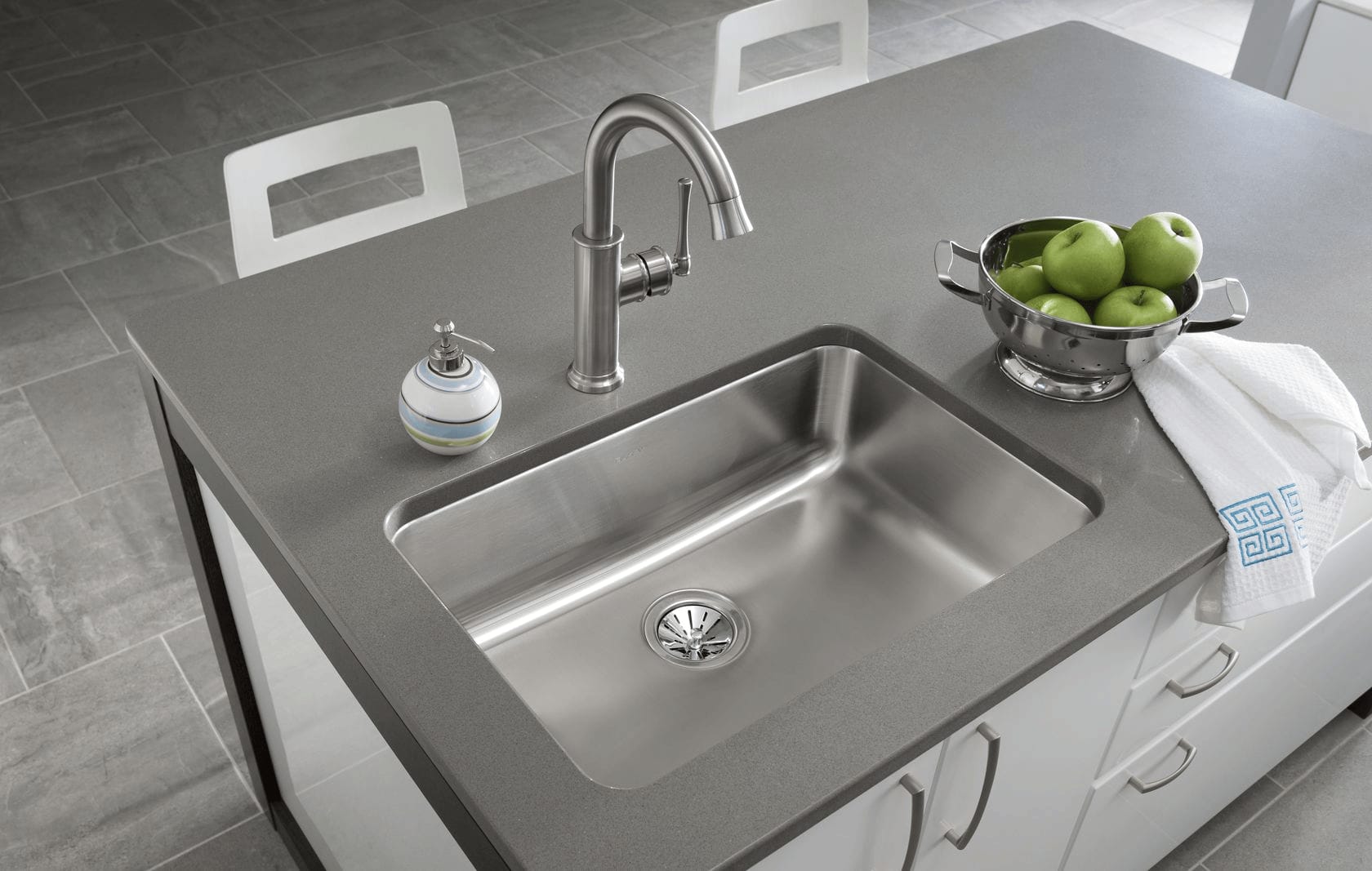 Metal kitchen sinks
are a classic and timeless choice for any kitchen. The most common types of metal used for sinks are stainless steel, copper, and cast iron. They are known for their strength, durability, and heat resistance, making them a practical option for busy kitchens. They are also easy to clean and maintain, and can withstand heavy use without showing signs of wear and tear.
On the downside, metal sinks can be noisy when water hits the surface, and they can also dent or scratch easily. They also tend to be more expensive compared to plastic sinks, and may require professional installation to ensure a proper fit. Additionally, some metal sinks may require regular polishing to maintain their shine, which can add to the overall maintenance costs.
Metal kitchen sinks
are a classic and timeless choice for any kitchen. The most common types of metal used for sinks are stainless steel, copper, and cast iron. They are known for their strength, durability, and heat resistance, making them a practical option for busy kitchens. They are also easy to clean and maintain, and can withstand heavy use without showing signs of wear and tear.
On the downside, metal sinks can be noisy when water hits the surface, and they can also dent or scratch easily. They also tend to be more expensive compared to plastic sinks, and may require professional installation to ensure a proper fit. Additionally, some metal sinks may require regular polishing to maintain their shine, which can add to the overall maintenance costs.
Conclusion
 In conclusion, both plastic and metal kitchen sinks have their own unique advantages and disadvantages. When making a decision, it's important to consider your budget, style preferences, and the level of use your sink will endure. Ultimately, the right choice will depend on your individual needs and priorities. Whichever material you choose, make sure to do your research and consider all factors before making a final decision.
In conclusion, both plastic and metal kitchen sinks have their own unique advantages and disadvantages. When making a decision, it's important to consider your budget, style preferences, and the level of use your sink will endure. Ultimately, the right choice will depend on your individual needs and priorities. Whichever material you choose, make sure to do your research and consider all factors before making a final decision.


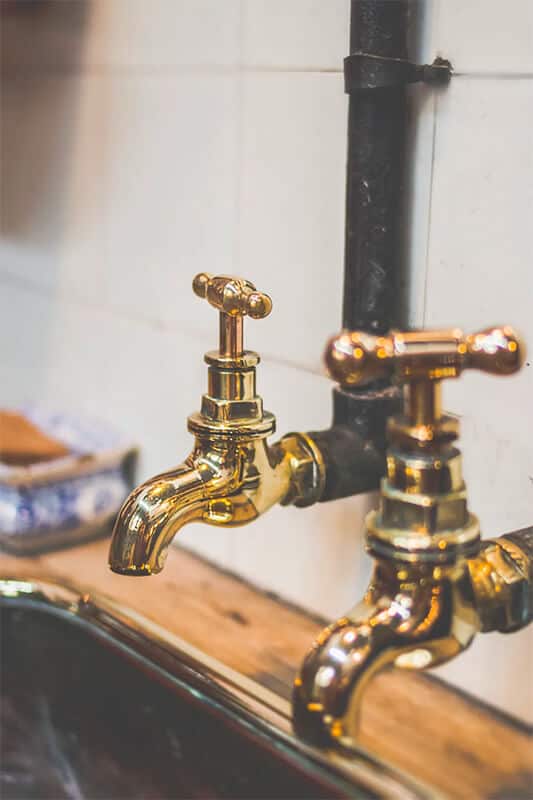





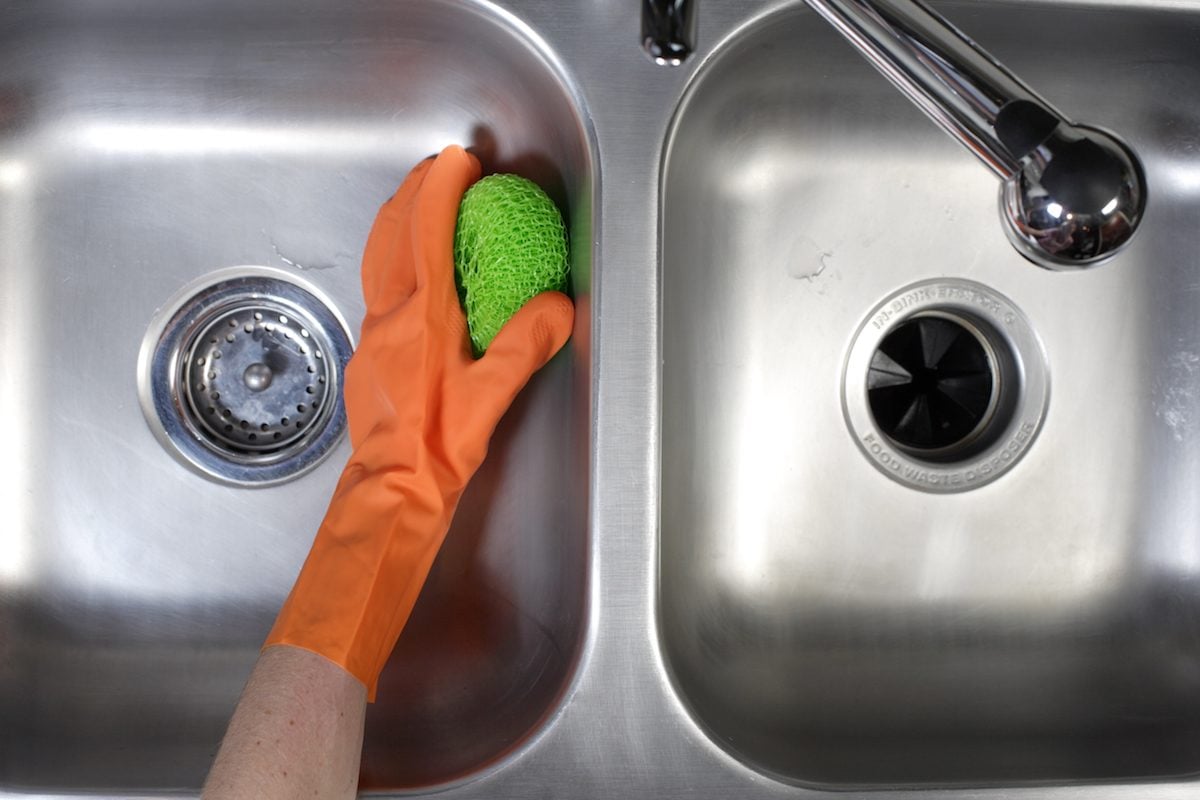
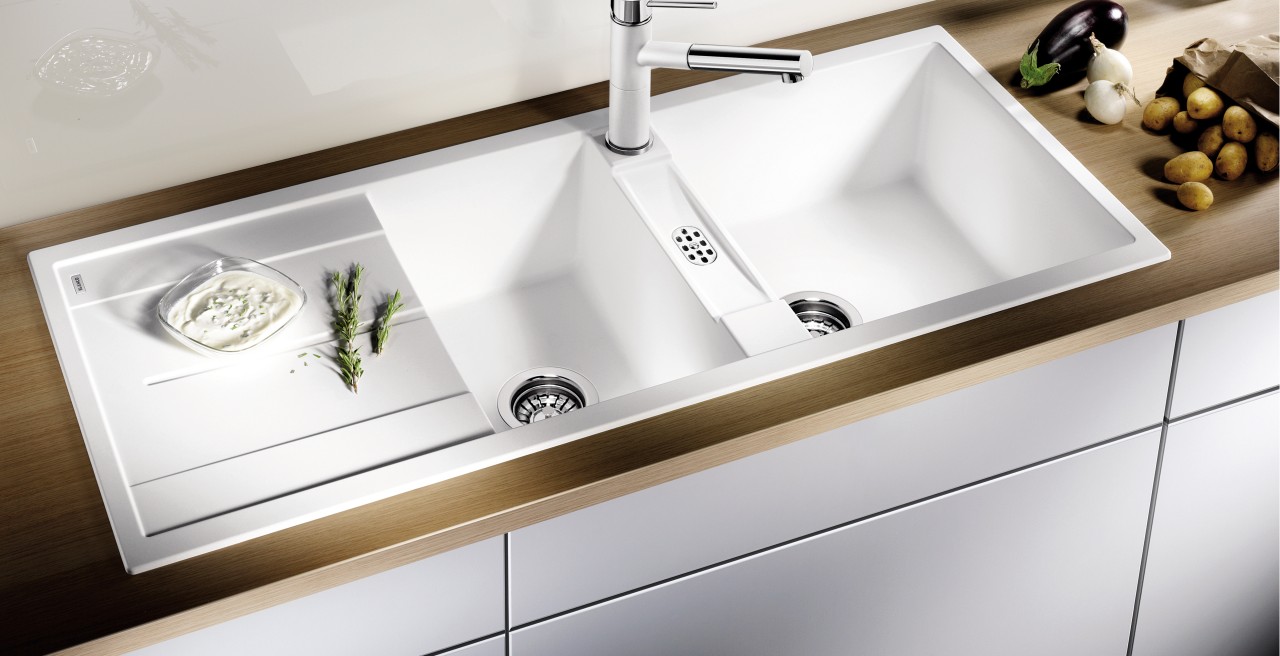




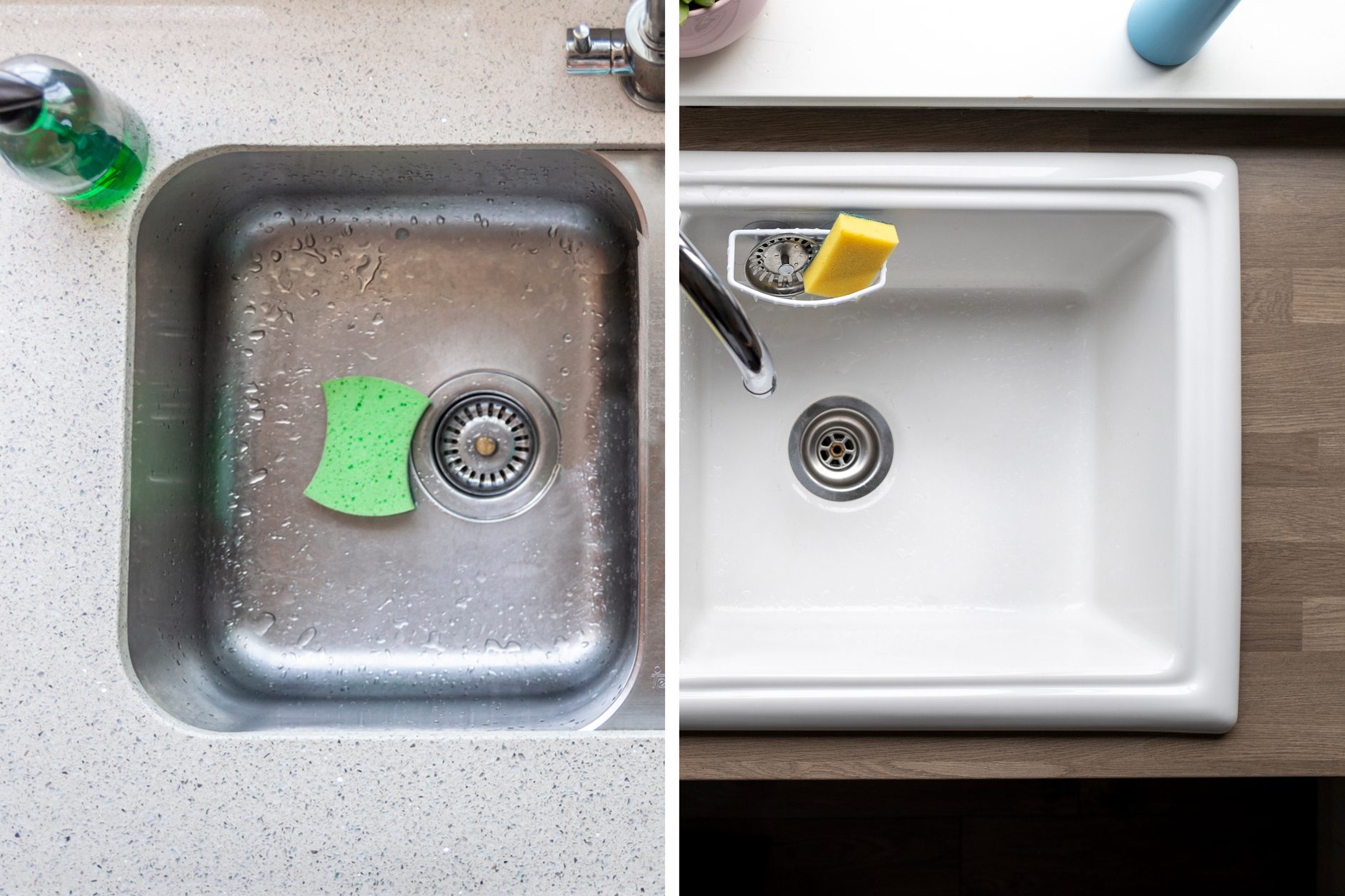
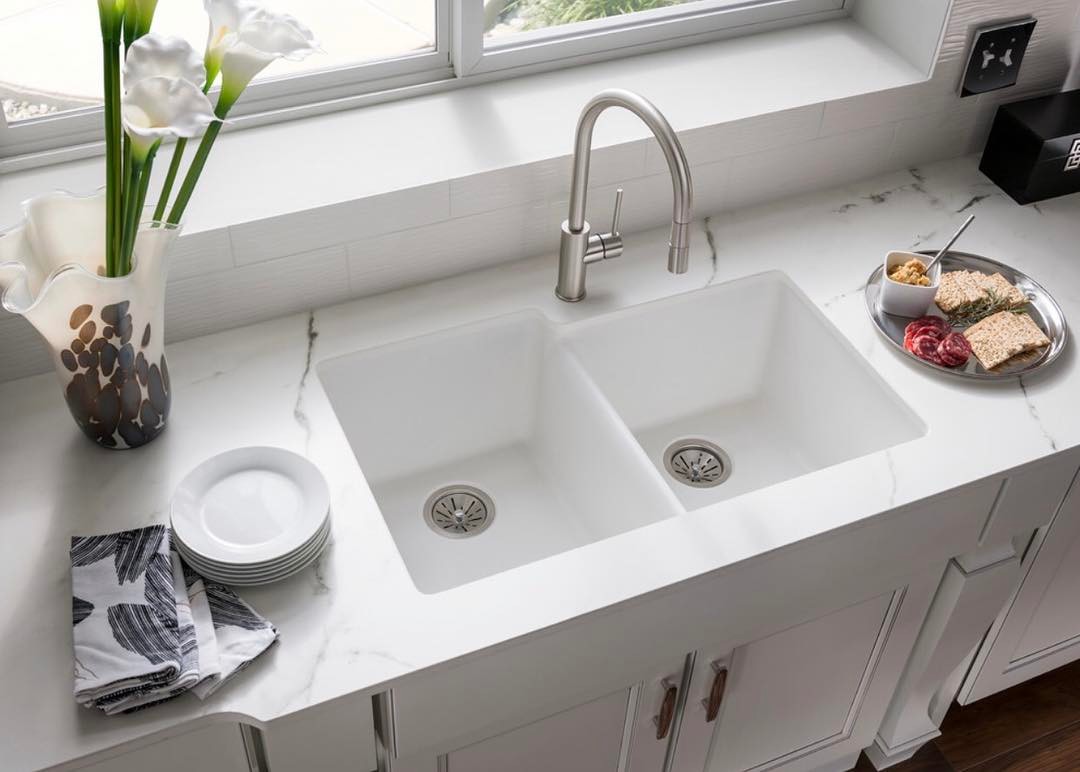


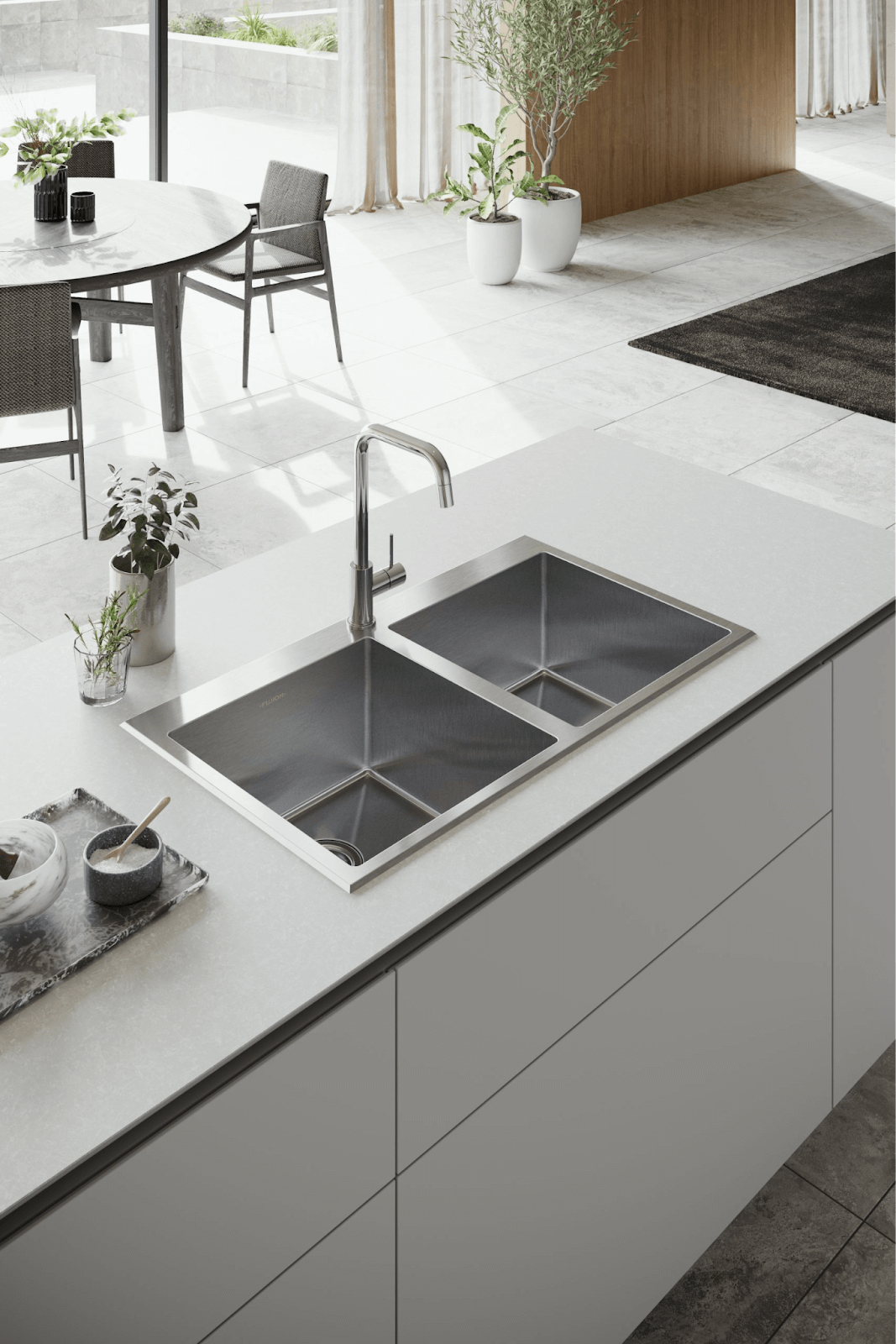


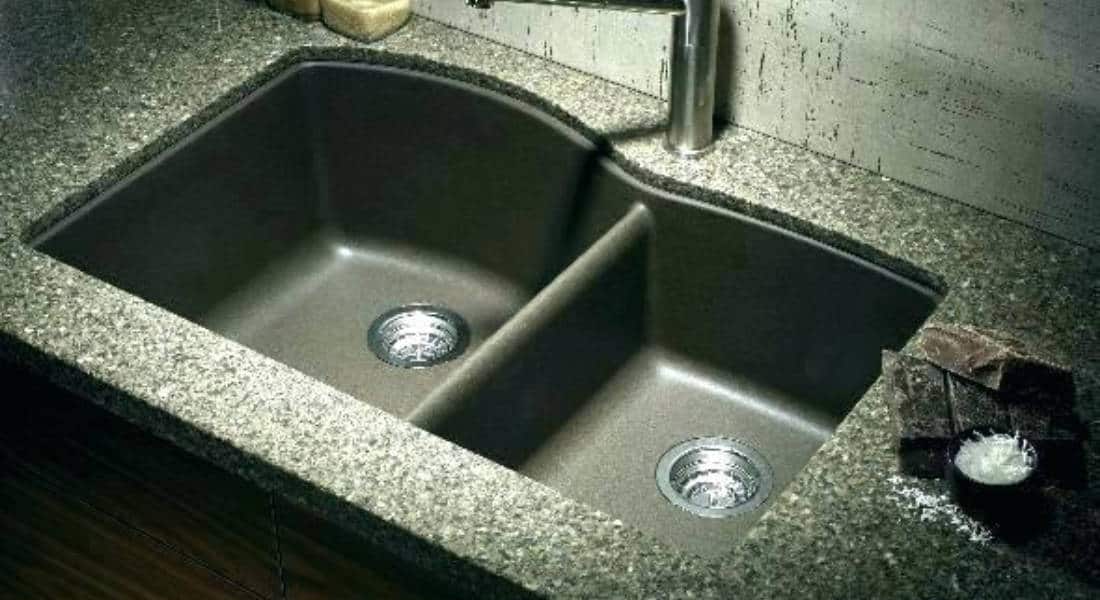


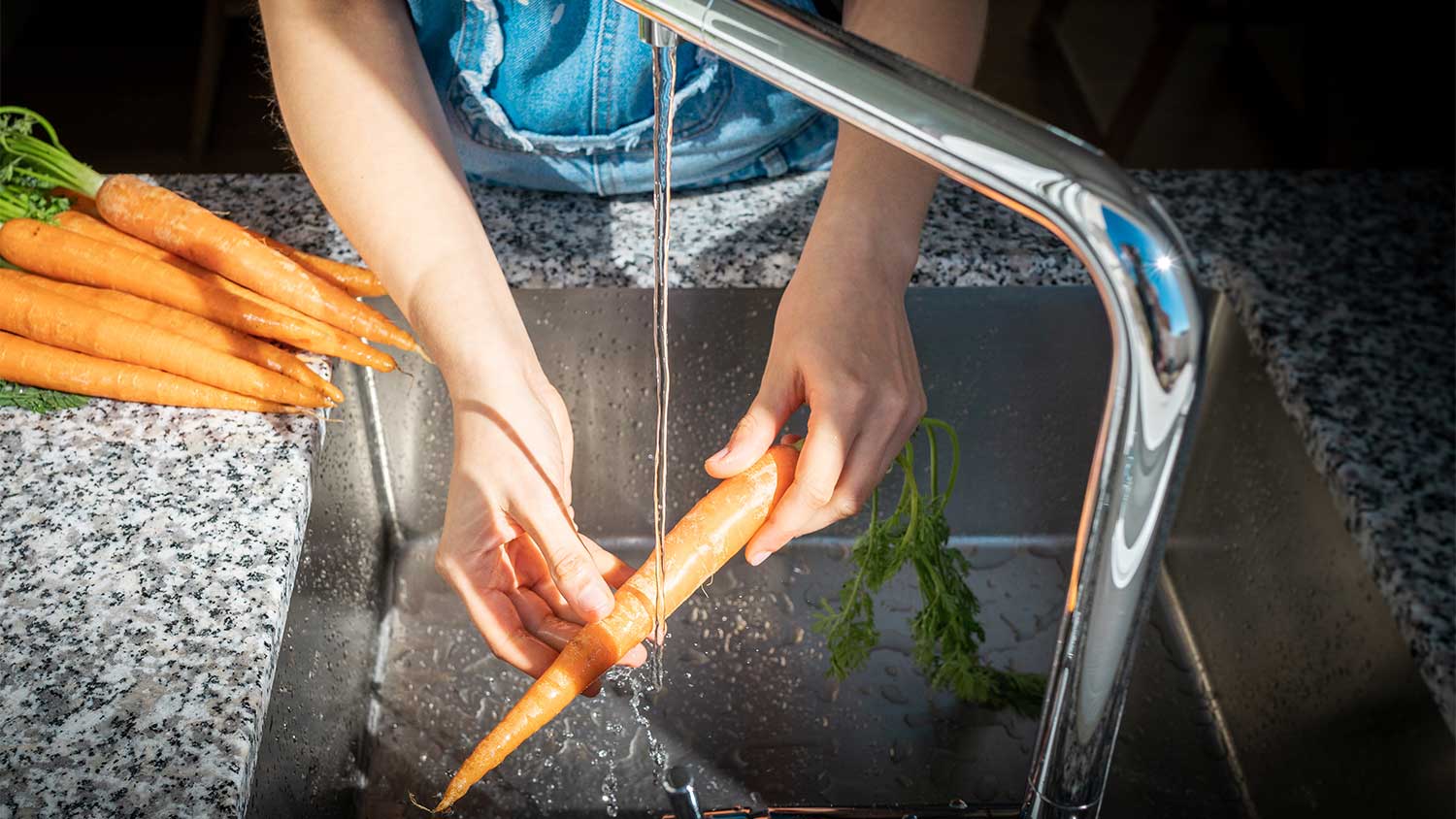


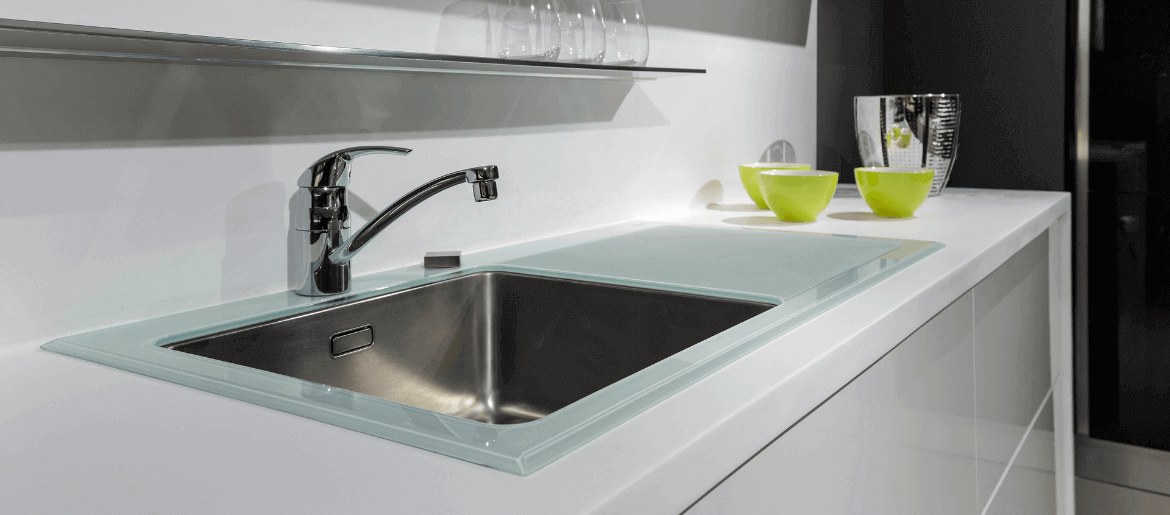


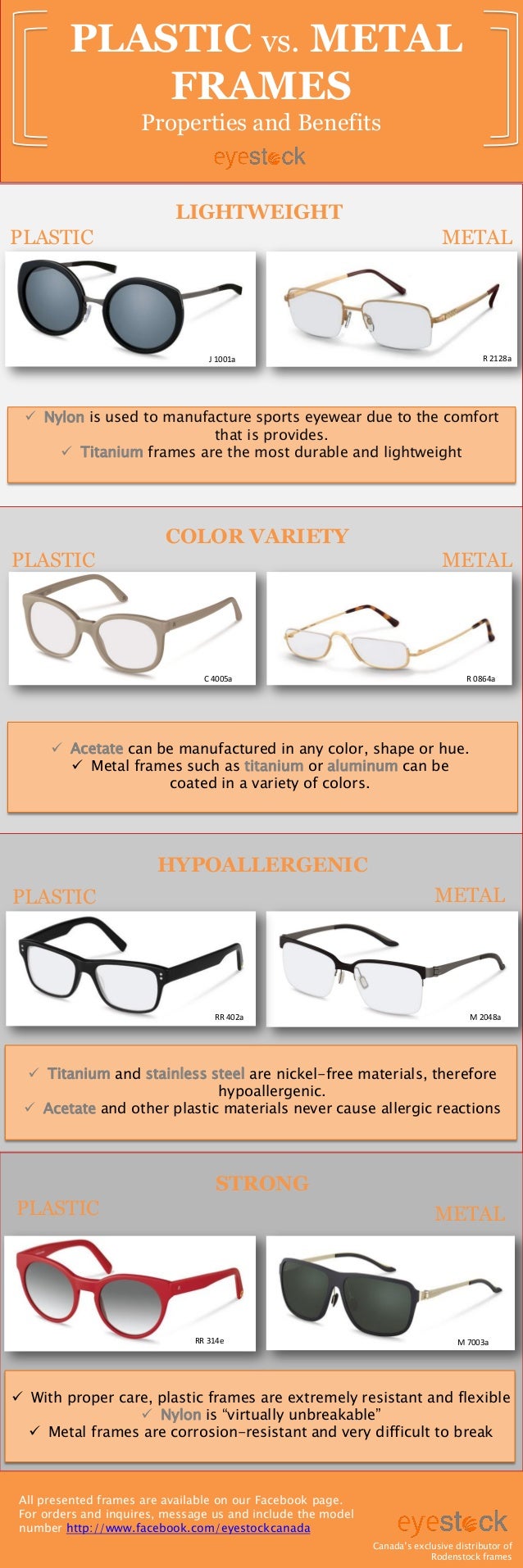


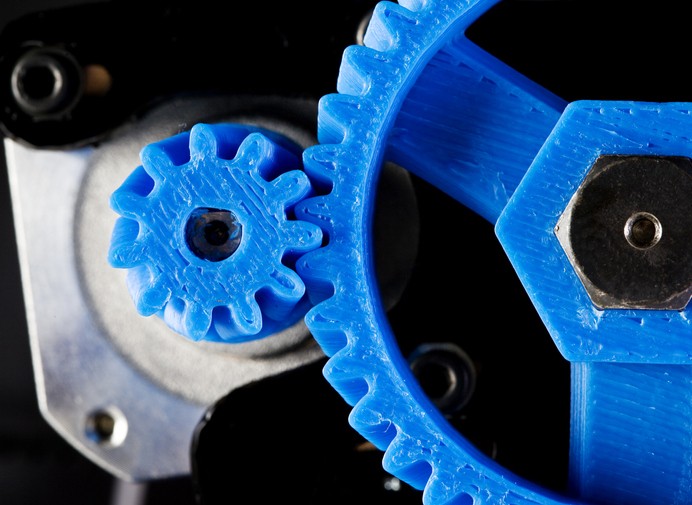
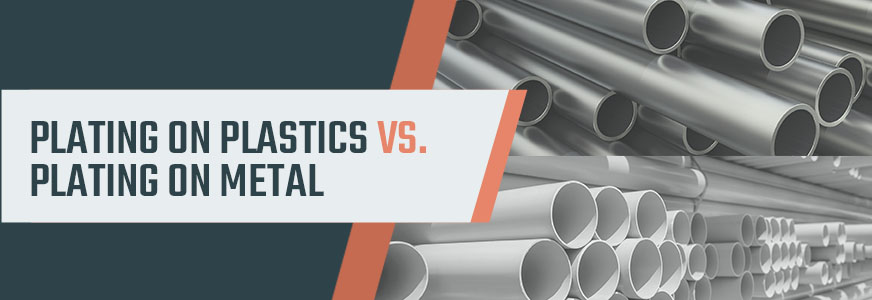







:max_bytes(150000):strip_icc()/Basic-kitchen-sink-types-1821207_color_rev-0b539306b9ef4236a136624ad2a89a4c.jpg)





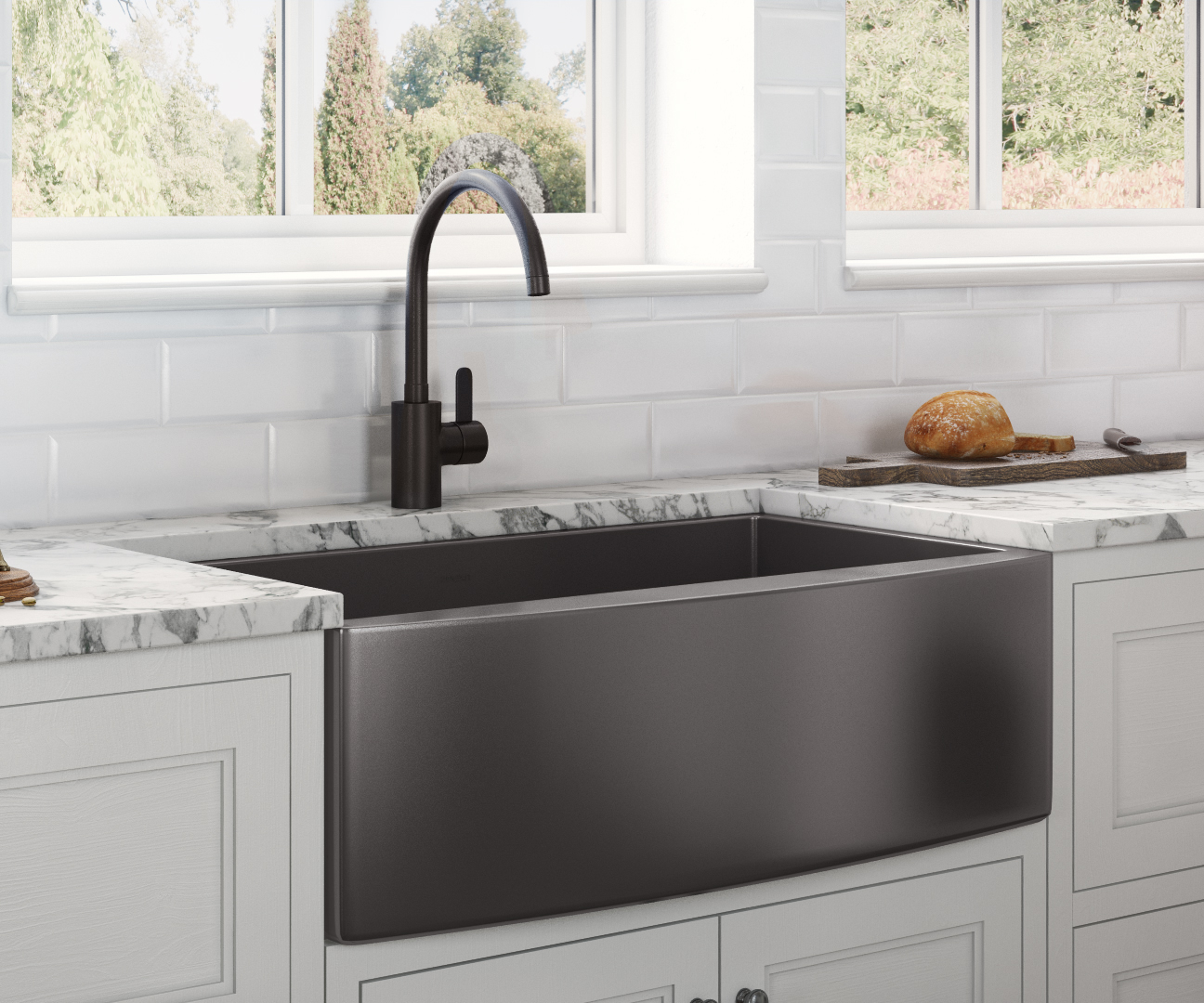


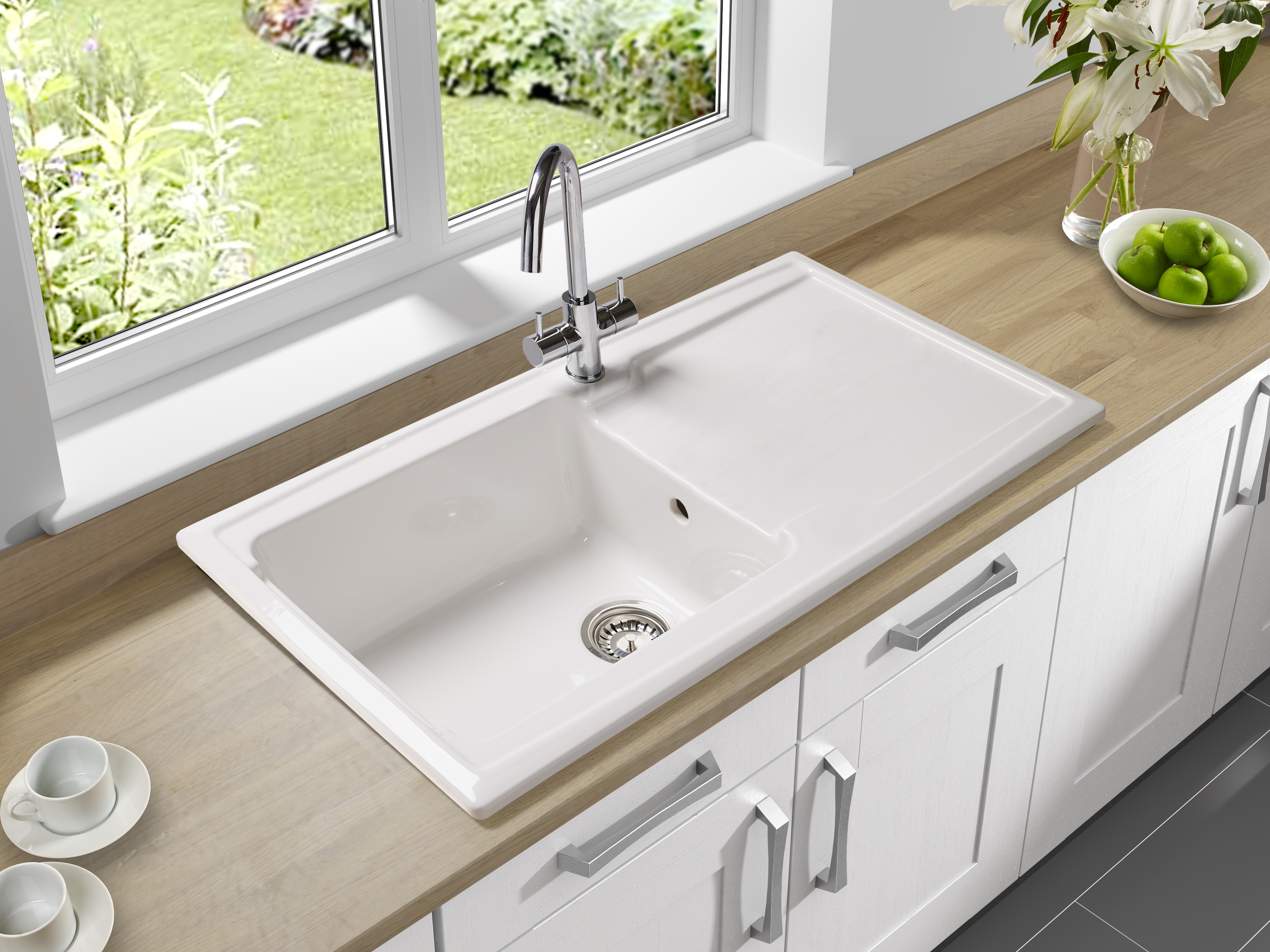






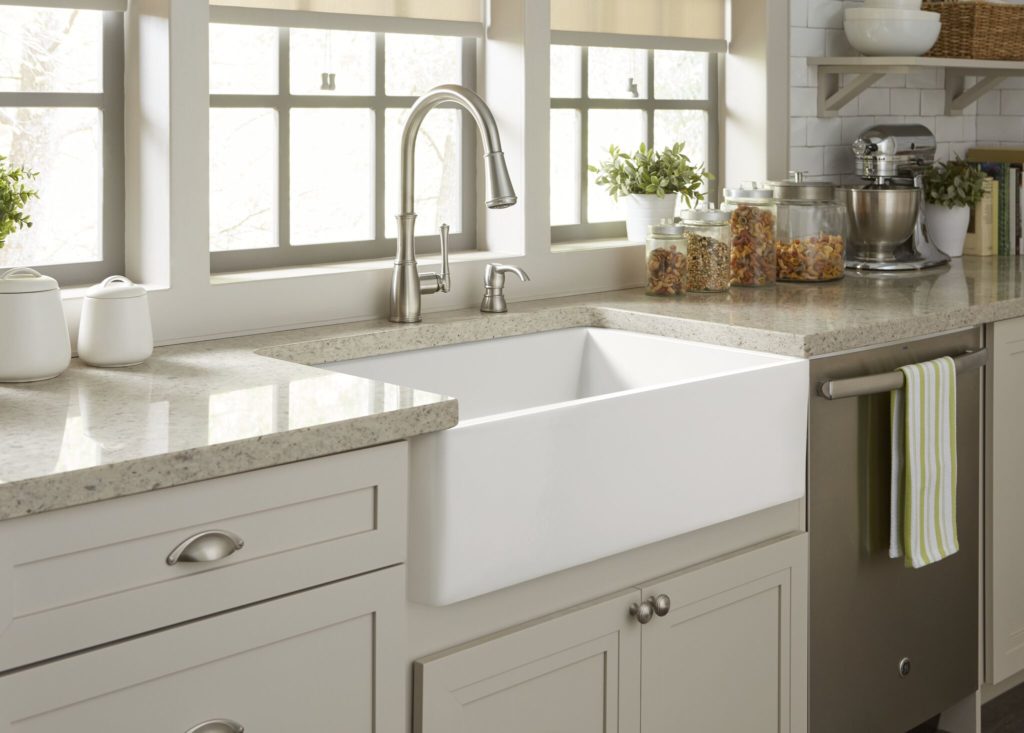





:no_upscale()/cdn.vox-cdn.com/uploads/chorus_asset/file/19495086/drain_0.jpg)
